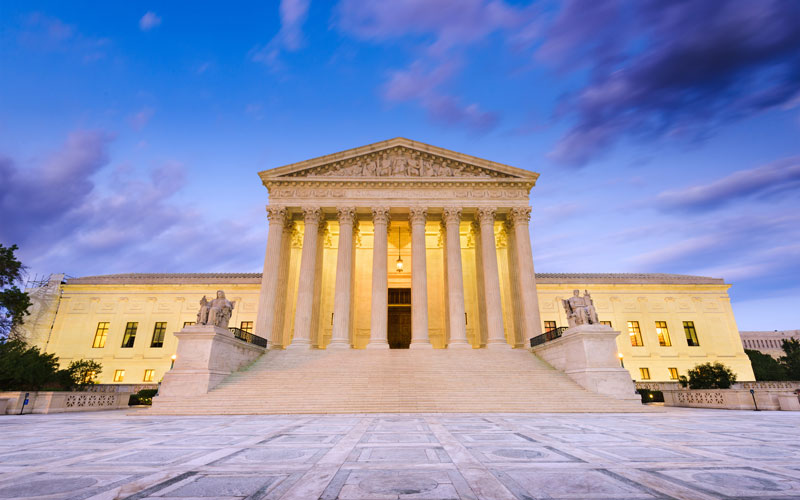|
|
|
|
|
|
|
The Future of Estate Planning:
|
|
As technology continues to advance, it is inevitable that it will play an even larger role in almost every aspect of life, including estate planning. There is now a trend towards electronic wills, a concept that has already taken root in a number of states within the United States. This article discusses the basics of electronic wills in United States, highlighting their legality, advantages, disadvantages and their future prospects in the country.
An electronic will is a will that has been created and stored entirely on a computer or another electronic device. To create an electronic will, a testator (the person writing the will) must follow the requirements of their state to create a valid will. These requirements can include ensuring that the will is in writing, signed by the testator, witnessed and notarized. However, the process of creating an electronic will is much different than that of traditional paper-based wills, particularly in terms of its execution and storage.
Currently, electronic wills are recognized and enforceable in approximately two-thirds of states, which have passed legislation to allow their usage, and Maryland is one of them. We don't have this available in DC, VA and NY, but the act is getting adopted at a rate of 2 states a year, with more states expected to follow suit. Regardless, it is important that the electronic will is created and maintained in compliance with state laws and regulations. |
|
|
Electronic wills offer a variety of advantages over traditional wills. They can be less expensive and less time consuming, since the process of creating and storing the will can all be done electronically. Electronic wills can be password protected and stored on servers that provide a high degree of protection against data loss, hacking, and other security breaches. Furthermore, electronic wills can be easily updated by the testator, enabling them to make frequent revisions without consuming a significant amount of time or money.
However, there are also several disadvantages to electronic wills that should be considered. For example, the electronic will may not be discovered by the executor after your death. Even if it is found, it may be challenged in court by heirs who argue that the testator did not have the required mental capacity to create the will or that it was made under fraud or duress. Moreover, some individuals may prefer the physical existence of traditional wills, as there is a certain psychological comfort associated with holding a physical copy of a legal document.
Electronic wills are undeniably a part of the future, and their use may become even more widespread in the coming years. Electronic wills, like traditional wills, should be created with legal advice from an experienced attorney. An experienced attorney can help you create your electronic will in compliance with state requirements, while also addressing any potential challenges. Electronic wills can be efficient and cost-effective, but they may also pose certain challenges, so it is critical that you speak with an attorney if you are considering creating one. Ultimately, the decision is yours to make as you determine the most appropriate method of estate planning for your personal circumstances. |
Upcoming Seminars |
|
ONLINE SEMINARS
Estate and Trust PlanningSaturday, May 20 10:00 am - 11:00 am This easy to understand, one hour seminar will help you to learn how to protect your family and wealth.
3 Reasons to Invest in a Senior Asset Protection TrustSaturday, May 20 11:30 am - 12:00 pm Learn how this Trust will protect your lifetime savings. IN-PERSON SEMINARS
5 Strategies to Protect Senior Savings from Medical CostsThursday, May 25 2:00 pm - 3:00 pm Should you have difficulty registering, please contact us at |
Yahne's Personal and Professional Corner |
|
|
|
|






